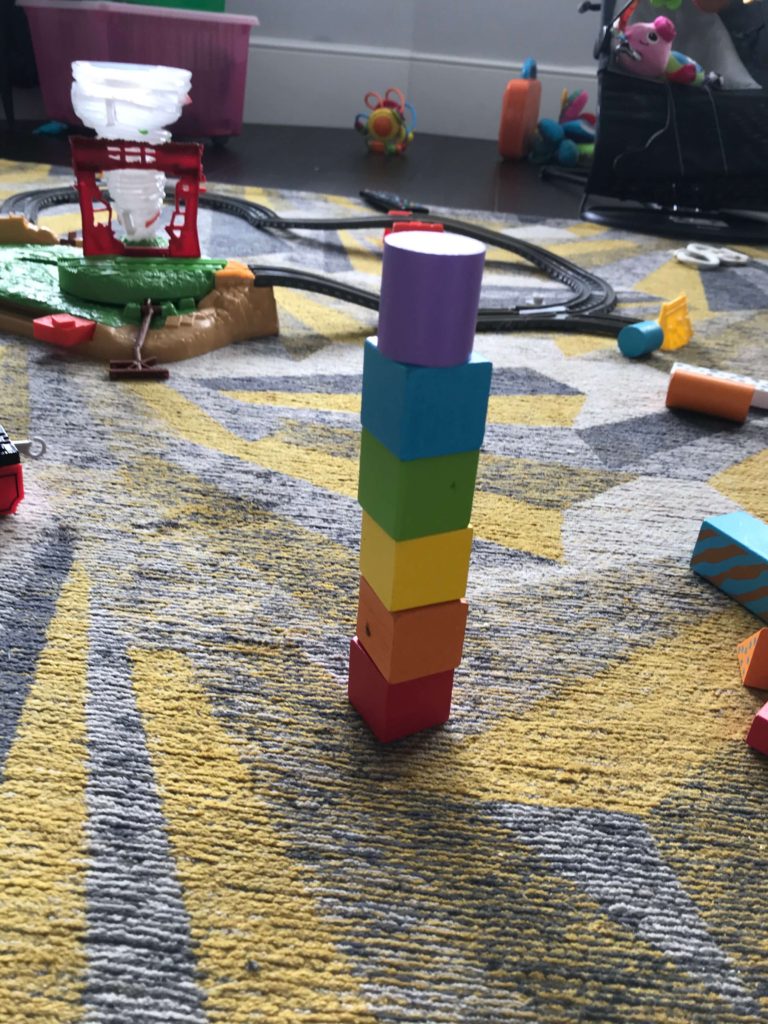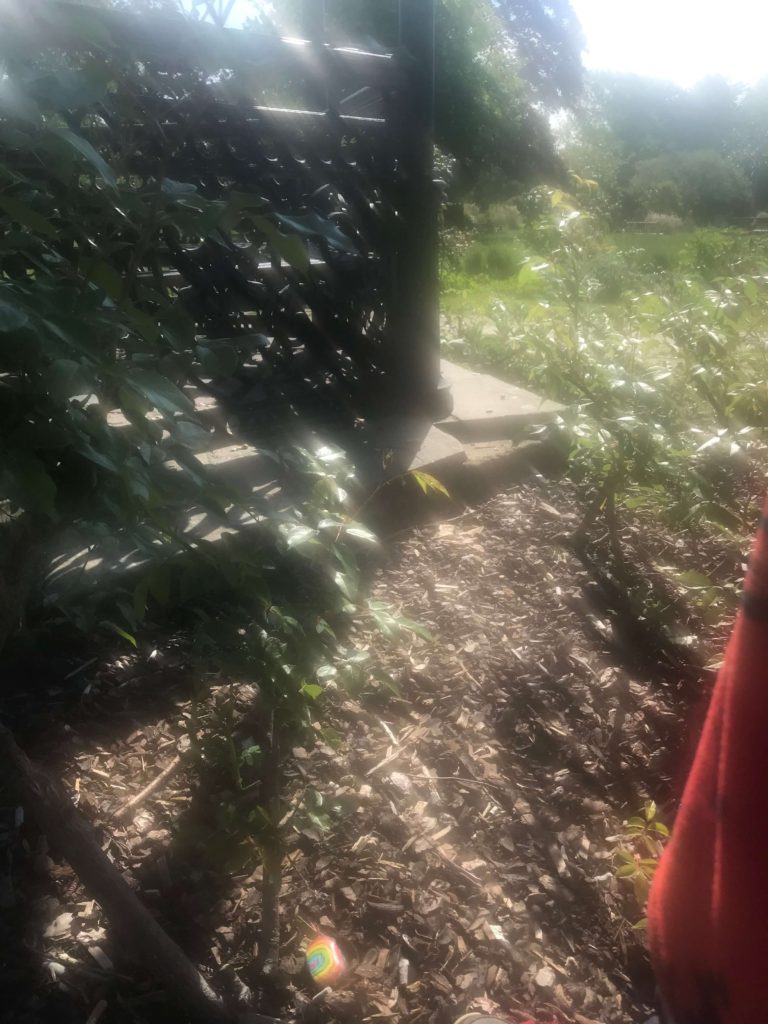Alison Carrol is Senior Lecturer in European History at Brunel University London
The announcement that the UK would be entering lockdown came on 23 March. Four days later, I returned to work from maternity leave with my second baby. My university had already announced that face-to-face teaching would be moved online, swiftly followed by news that the campus would close. I had hoped that returning to work at this point in the academic year would give me the time to ease myself back into work after parental leave. I had not anticipated that this easing back in would take place working from home with my partner, our three-year old son, and our six-month old baby…

It took a while for this to sink in, as we tried to fit work around caring for two small children. I know that I’m lucky as my partner and I split the childcare, cooking and cleaning (I hesitate over whether to use the word ‘lucky’ here, it doesn’t seem quite right. But there has been much discussion about academic productivity, as well as a twitter debate about employing cleaners. Both suggested that the burden of care and domestic labour has fallen disproportionately on women, but also that women are more likely to perform the emotional labour of support for students, vulnerable neighbours and families).
Beyond this, others have pointed out the difficulties that face everyone when trying to write and research while the background noise is of a pandemic, with all of the anxieties about health, family and society that this brings. Here, I am reminded again that I am lucky as (as Ludivine Broch pointed out) being around small children has provided a kind of cocoon from the panic. I try not to scroll through twitter or watch the news around the children, while their noise, activity and excitement in the moment helps you to appreciate all the positives- even when the positives are an unusually shaped rock or a large stick. Small children live in the moment- which helps when you are uncertain about how long lockdown will last (and helps you to forget how long it has lasted).

My partner and I take shifts, and I generally take the morning. I start out with our Frozen disco (we play the soundtrack to Frozen 2, and I dance with my three year old to entertain the baby). Then we head to the park. A local family have painted rainbows on rocks and hidden them around the park, so we spend our exercise time hunting for the rainbow treasure. Back home for some quiet time (stories, playdough, painting) and then lunch, and then my partner takes over and I start work. And I work at break-neck speed until it’s time for tea, and a huge glass of wine. Over dinner he talks about the book he is editing about the history of luxury, and the changing meanings of the word. ‘What does luxury mean to you at the moment?’ he asks. ‘A haircut.’ I answer. Then I reflect on my morning with the children and add ‘Reading a book quietly. Having my questions answered.’ After the children are in bed I read the news and quietly add ‘health’ and ‘job security’ to the list.

The other blogs in this series set out the different ways in which the crisis has made us reflect on our work in new ways, ranging from food shortages to witchcraft– and the insights of these blogs have helped me to rethink my own experience of lockdown, as well as how we historians are shaped by our times. I will be setting these diaries as a source for students in my second year methods module when we get back to teaching.
For me, as a historian of interwar Europe, the biggest shock has been that I never really considered the impact of the Spanish flu pandemic. The 1920s- the decadence, the economic crisis, all look completely different when you consider them through the lens of the pandemic. And, having written about how people live through crises, I am still adjusting to my own experience of an extraordinary time. In my work on the return of Alsace to France in 1918 I was fascinated by the denunciations that flooded into the French state, as family, friends, colleagues, neighbours and business competitors denounced each other for loyalty to Germany, or for not being good enough French citizens. I keep thinking about the motivations behind these denunciations as the feed on my Facebook community groups fills up with photos of people not observing social distancing or flouting the lockdown, or when the neighbourhood WhatsApp group calls on us to join the claps for the NHS. And, as people express their thoughts on the government’s response to coronavirus, I am struck that when I thought about the interaction between the government and population in Alsace, I never considered it through the lens of trust or mistrust created through past actions and experiences.
More personally, I have written about the experience of families separated by the Franco-German border after 1918 in terms of ‘sadness.’ Now I am living separation from my family on the other side of London, and realise that ‘sadness’ is too passive a word for us- for the children it is confusion, while I feel frustration, and a strong urge to break the rules (although I haven’t). And I don’t measure separation in days, weeks or even months, but in the baby’s teeth or in new words in my three year old’s vocabulary. I wonder how my work will be affected by this altered empathy for my historical actors.
Beyond that, I try to get through it. I tick small tasks off my to-do list so that each day I have achieved something, and I focus on the future. I begin thinking about grant applications and focus my mind on a time when I won’t be at home, fitting my work around the care of two small children, and with the background hum of anxiety filling my days.


